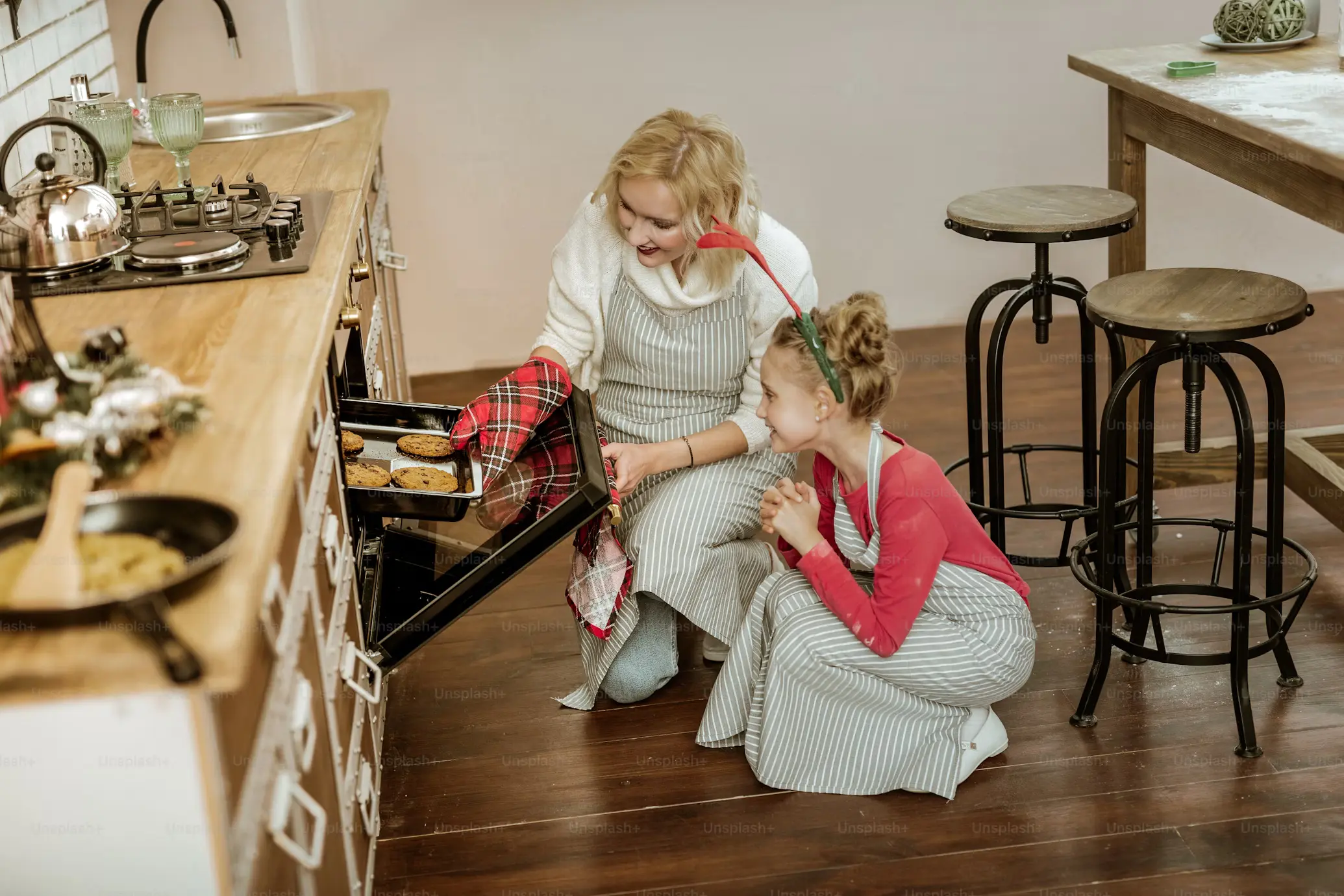Cooking is more than just a skill—it’s a journey of discovery and creativity in the kitchen. Whether you’re new to cooking or looking to sharpen your culinary abilities, mastering essential kitchen skills lays the foundation for enjoyable and successful meal preparation.
Here’s a comprehensive guide to help you navigate the basics and embark on your culinary adventure.
1. Mastering the Basics: Building Blocks of Cooking
“Don’t be intimidated by cooking! Start with mastering basic techniques like chopping vegetables, sautéing, and boiling. These skills are the foundation for countless dishes.” – Jacques Pépin, Chef
Begin with fundamental techniques that form the backbone of cooking. Practice knife skills for precise chopping and dicing. Learn how to sauté ingredients to build flavors and boil pasta or rice to perfection. These skills empower you to create a variety of meals with confidence and ease.
2. Recipe Reading: Your Roadmap to Success
“Take the time to read through a recipe before you begin. This will help you understand the steps involved and avoid any surprises.” – America’s Test Kitchen, Cooking School
Recipes are your guides in the kitchen. Familiarize yourself with each recipe’s ingredients and steps before starting. Pay attention to measurements and cooking times to achieve the desired results. Clear understanding prevents errors and enhances your cooking experience.
3. Embrace Creativity: Experimenting with Flavors
“Cooking is a creative process! Once you’ve mastered the basics, feel free to experiment with flavors and ingredients to create your own dishes.” – Jamie Oliver, Chef
Don’t hesitate to innovate in the kitchen. Experiment with herbs, spices, and alternative ingredients to personalize recipes. Tasting as you cook allows you to adjust flavors and discover unique culinary combinations that suit your taste.
4. Safety in the Kitchen: Handling Tools and Ingredients
“Always prioritize safety in the kitchen. Learn proper knife handling techniques and food storage practices.” – Alton Brown, Food Scientist
Safety is paramount when cooking. Master safe knife handling to prevent accidents. Store ingredients properly to maintain freshness and prevent cross-contamination. Understanding kitchen safety ensures a secure and enjoyable cooking environment.
5. Clean As You Go: Efficiency and Organization
“Cleaning as you cook will save you a big headache later. A quick wipe-down of surfaces and a rinse of dishes can make a world of difference.” – Ellie Krieger, Registered Dietitian & Chef
Maintain cleanliness throughout cooking. Wash utensils and surfaces promptly to prevent clutter and maintain order. Organizing as you go streamlines the cooking process, leaving you with less cleanup after enjoying your meal.
6. Practice Makes Perfect: Building Confidence Through Experience
“The more you cook, the more comfortable you’ll become in the kitchen. Don’t be discouraged by mistakes, view them as learning opportunities.” – Ina Garten, Chef
Practice is key to culinary proficiency. Start with simple recipes and gradually challenge yourself with more complex dishes. Learn from errors to refine your skills and gain confidence in your cooking abilities.
Insights from Studies
Research highlights the benefits of learning cooking skills for beginners:
- Healthier Eating Habits: Basic cooking skills promote consumption of nutritious foods like fruits and vegetables, supporting a balanced diet (Source: Appetite).
- Financial Savings: Cooking at home reduces expenses compared to dining out, making it a cost-effective choice for beginners (Source: USDA).
- Mental Wellbeing: Cooking offers therapeutic benefits, relieving stress and enhancing mindfulness and self-assurance (Source: American Psychological Association).
- Family Bonding: Cooking together fosters stronger family relationships and creates positive shared experiences (Source: Journal of Youth and Adolescence).
In conclusion, mastering essential kitchen skills empowers beginners to explore their culinary potential while enjoying the benefits of home-cooked meals. By starting with basics, embracing creativity, prioritizing safety, and maintaining organization, you can embark on a fulfilling journey in the kitchen—where every dish becomes a testament to your newfound expertise and passion for cooking.






